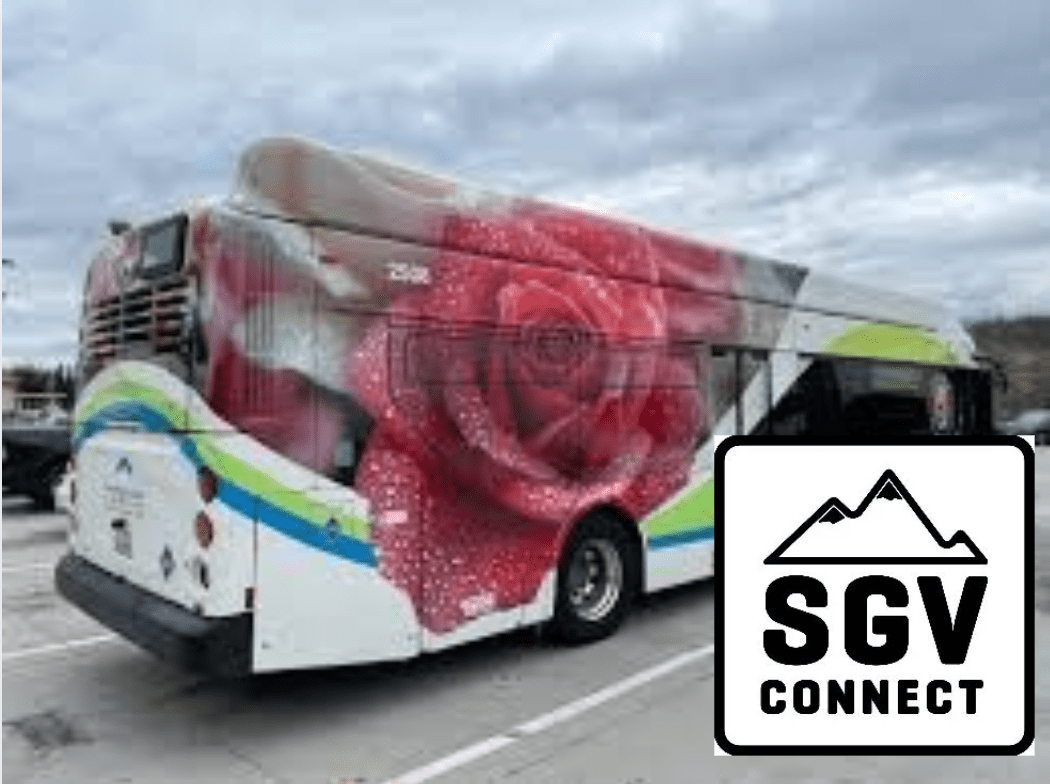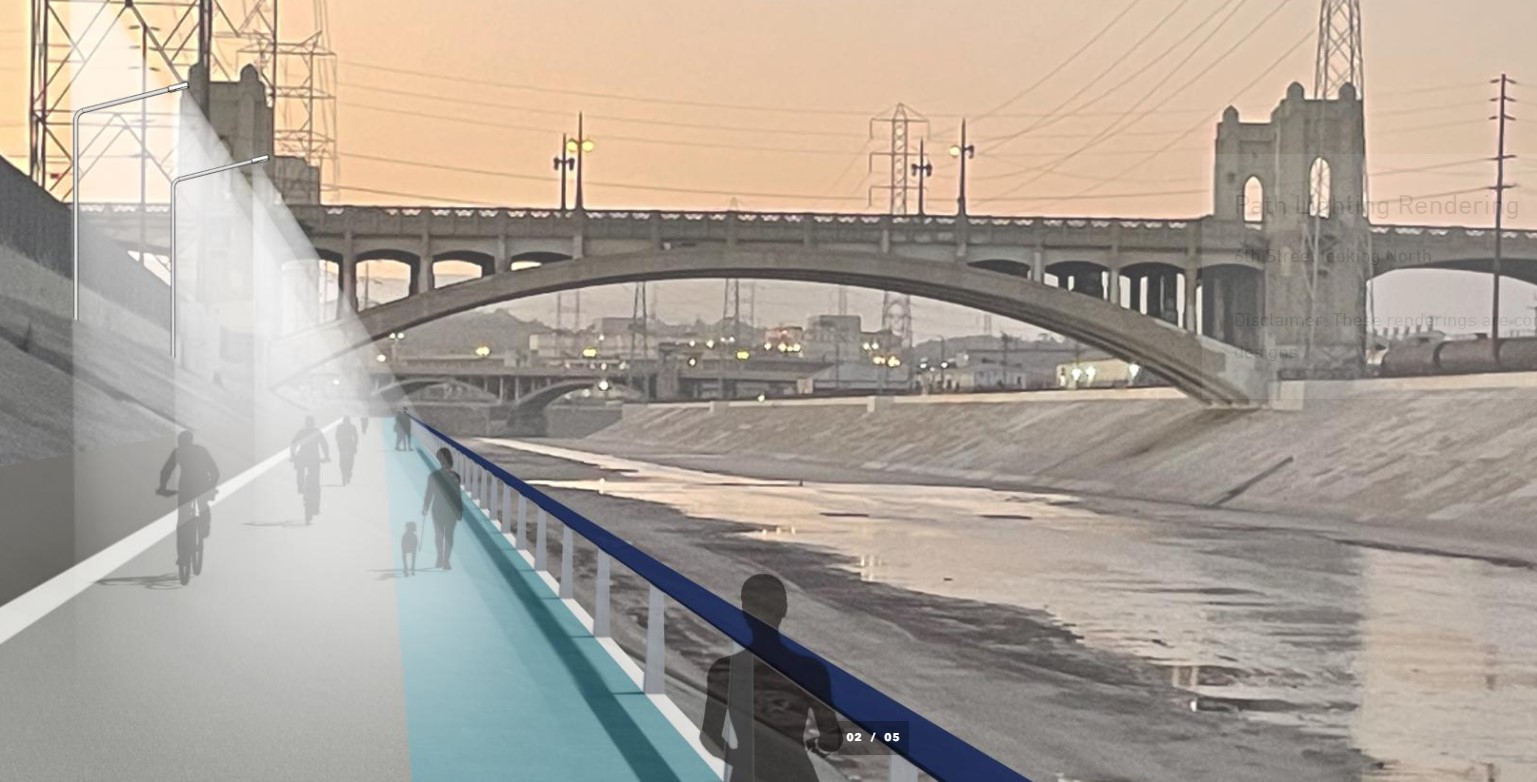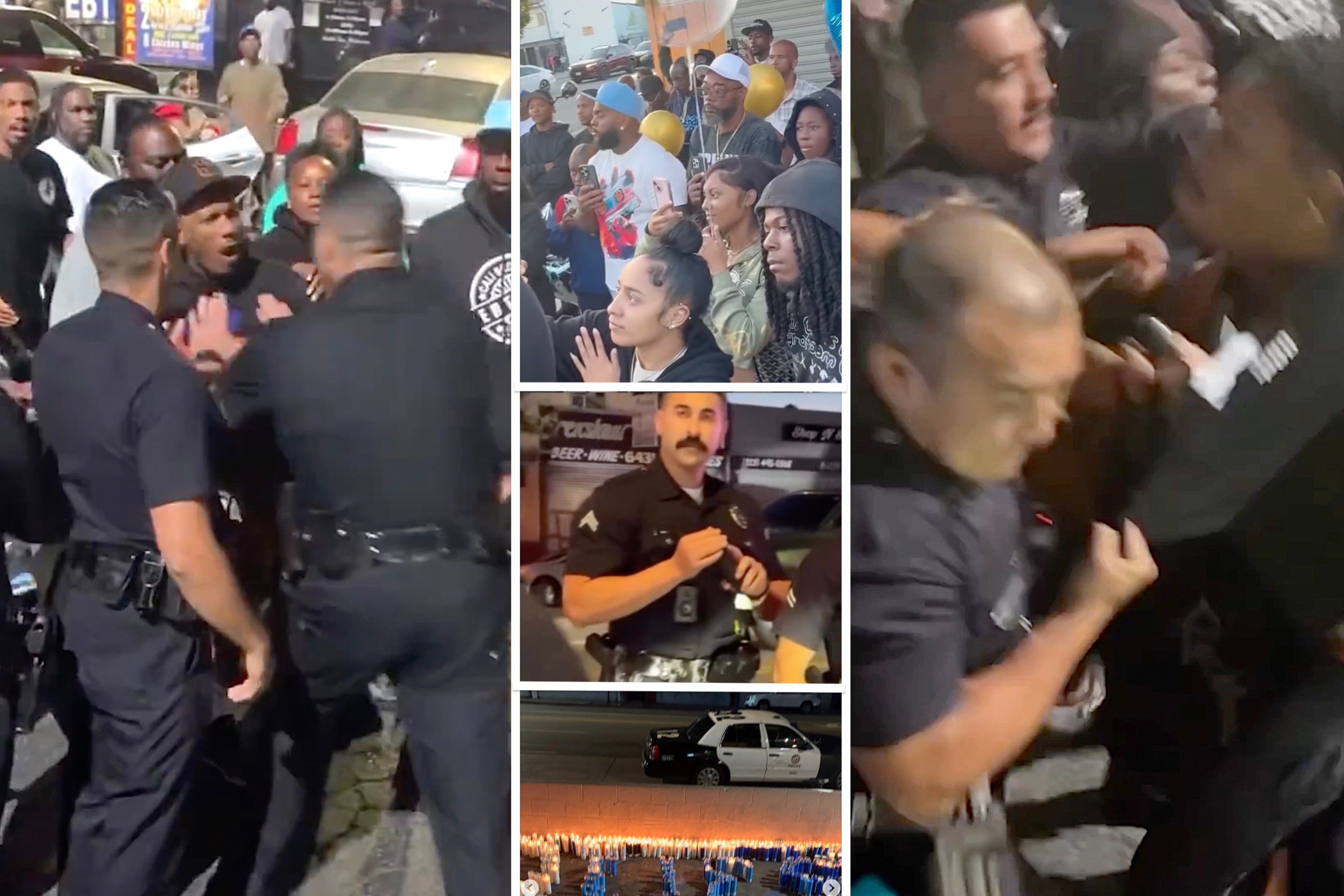So transit ridership is up. Everybody knows that. It’s at its highest point since 1956. Right?

Well, ridership per capita is still less than half its 1956 point. And by 1956, transit ridership was already at a 40-year low. But with transit growing faster than car travel, at a rate that outpaces population growth, there is still cause for optimism.
But even that cautious optimism took a bit of a beating in the Washington Post’s opinion section this morning, as three prominent urban planning professors declared the transit bump fictitious. “In fact, use of mass transportation has remained remarkably steady, and low, since about 1970,” they go on. “There is nothing exceptional about last year’s numbers; they represent a depressing norm.” They even hint that federal funding for transit is too high.
Way too far down in the column, the professors -- David King of Columbia University, Michael Manville of Cornell University, and Michael Smart of Rutgers -- shift focus from the problem with transit to the problem with driving.
The nut of their argument is as follows: “Resting our hopes on a transit comeback distracts from our real transportation problem, which can be summarized in four words: Driving is too cheap.”
Emily Badger made this point in Atlantic Cities two weeks ago (and Jeff Wood and I made it on the Talking Headways podcast last week). It’s not enough to spruce up sustainable modes if we as a nation are still giving enormous amounts of subsidies and space to the private automobile.
If driving continues to be the fastest and most convenient way of getting almost everywhere, people will continue to drive. It’s like telling business owners they’re welcome to hire union workers at a living wage, but they’re also totally free to use child labor if they’d rather. Nine times out of 10, people will pick the cheaper option.
Not that driving is cheaper than biking or taking transit, of course. Owning a car is quite expensive, in fact -- about $9,150 a year, according to AAA. But it’s not nearly expensive enough.
Here's what King, Manville and Smart say:
Drivers impose costs on society — in delay, in pollution, in carbon, in wear and tear on our roads — that they don’t pay for. As a result, many of us drive more than we otherwise would. Ending this underpriced driving — through higher fuel taxes, parking and congestion charges and insurance premiums based on miles driven — is a central challenge for local, state and federal transportation officials.
If only transportation officials saw that as their central challenge! Instead, many fail to recognize the ways in which Americans are signaling that they are ready to use other modes and continue planning for an auto-centric future.
The op-ed continues:
Charging the right price for driving would give drivers a better-performing system, both by reducing congestion and raising revenue to help repair roads. It would help communities and the planet by reducing pollution. And, not least, it would help public transportation by leveling the playing field between transit and private vehicles. Increased subsidies for public transportation have neither reduced driving nor increased transit use. But ending subsidies to driving probably would do both.
Ending these subsidies will be hard work, politically. Yet we will have no incentive to do this work if Americans continue to believe that transit is making a comeback on its own. It isn’t. Transit, like the rest of our transportation system, is in trouble. We need to act quickly to save it.
The authors are absolutely right. The U.S. has spent the last 60 years making sure motorists could endanger everything from public health and safety to public transportation budgets and not feel a thing. Every time the idea comes up that drivers should feel be responsible for a little more of the damage they cause society, accusations of “social engineering” and “Agenda 21” start flying.
So instead, the U.S. continues to incentivize the worst behavior and inconvenience the best. No wonder transit ridership still isn’t what it should be.






